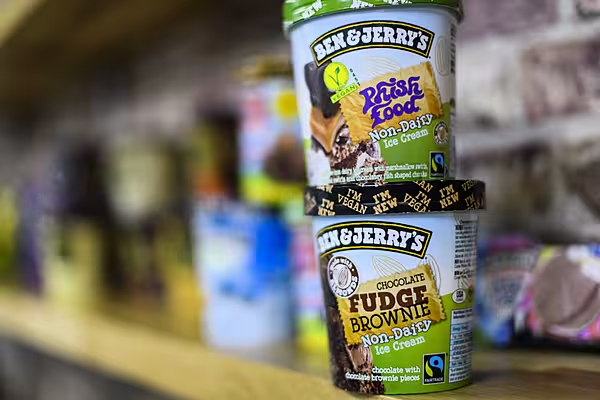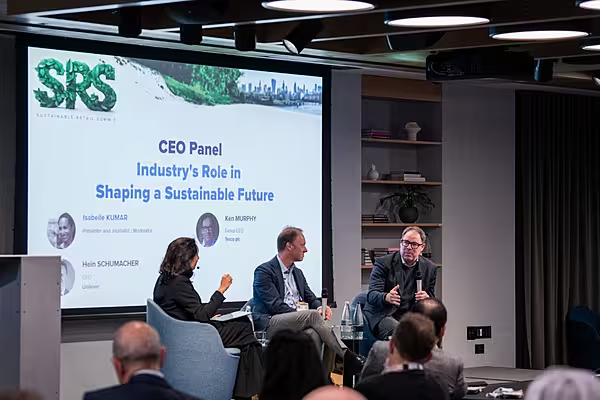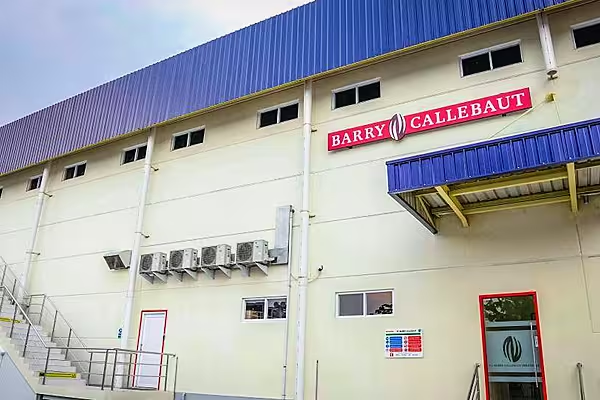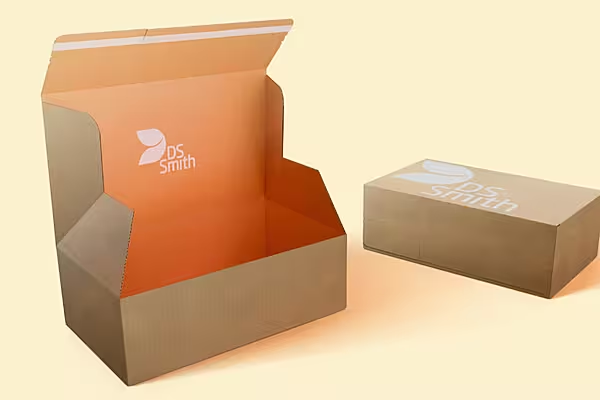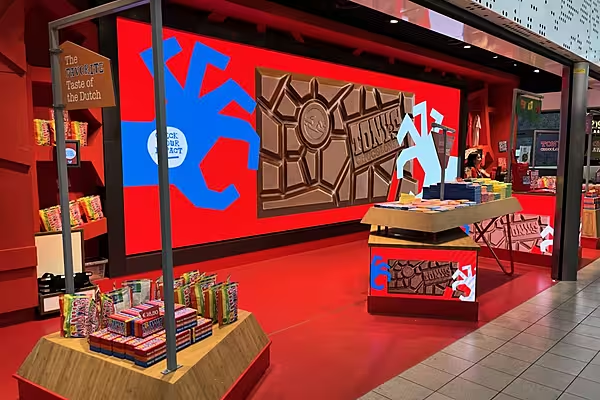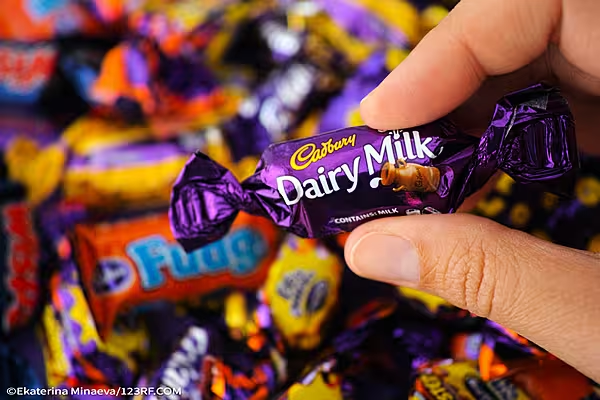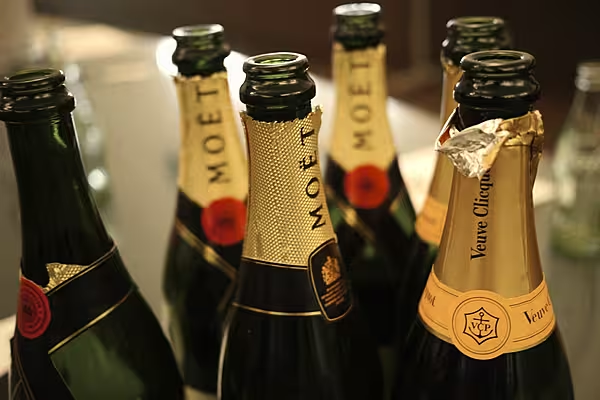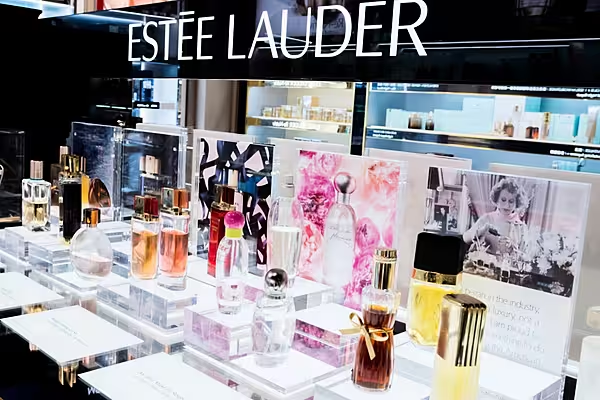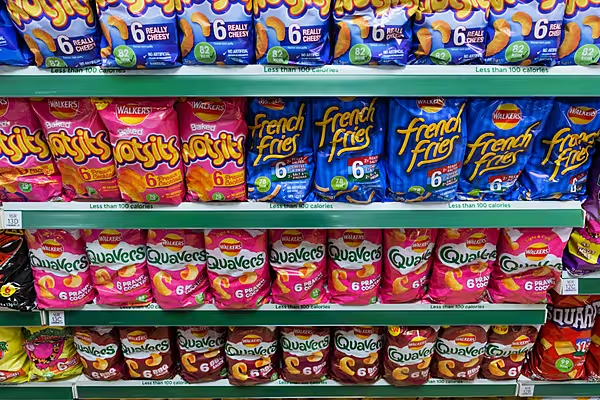Consumer goods group Unilever is launching two pilots to test warmer ice cream freezer cabinets in an attempt to reduce energy use and greenhouse gas emissions by approximately 20% – 30% per freezer.
The pilot is based on a study by Re/genT and lab studies conducted by the Dove maker's R&D team.
Warmer Ice Cream Freezer Cabinets
The two pilots, beginning this month in Germany, and another in Indonesia next year, are viewed by the group as the first step in exploring and understanding the product performance of Unilever's ice cream and the energy consumption of freezers at warmer -12°C temperatures, in real life conditions.
Currently, the industry standard in many markets is -18°C, and Unilever hopes that a successful trial will drive industry-wide change.
On the successful completion of the first two pilots, the group will move to ‘warm up’ its last mile freezer cabinets in a phased approach.
Unilever added that it will start in markets where its last mile freezer cabinet carbon footprint is the highest, to achieve the maximum reductive impact on its own carbon emissions.
Matt Close, president Ice Cream at Unilever said, "These pilots will provide valuable information on how much energy we can save and how our ice cream products perform in warmer freezers to ensure we deliver the same great-tasting ice cream.
"We’re actively seeking to collaborate with partners from across the ice cream and frozen food sectors to drive industry-wide change, so the collective positive impact is far greater."
Unilever Climate Ambitions
Emissions from ice cream freezers in the retail sector account for 10% of Unilever’s value chain greenhouse gas footprint.
Unilever’s Climate Transition Action Plan sets out the company’s roadmap to reduce these emissions, including reducing cabinet energy consumption through innovation of the main technical components (e.g., compressors), exploring programmes that will enable the freezers to be powered by renewable electricity, and working towards ‘warming up’ the cold chain.
‘Warming up’ the cold chain is part of a wider strategy undertaken by the group to reach its climate targets, which include zero emissions from its operations (scope 1 & 2) by 2030, halving the full value chain emissions of its products (per consumer use) by 2030, and achieving net zero emissions across Unilever’s value chain by 2039.
© 2022 European Supermarket Magazine – your source for the latest A-Brands news. Article by Conor Farrelly. Click subscribe to sign up to ESM: European Supermarket Magazine.

